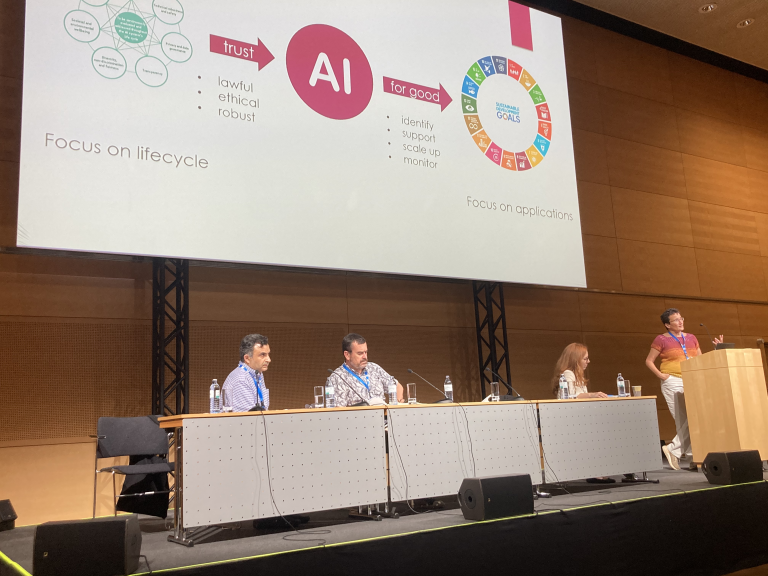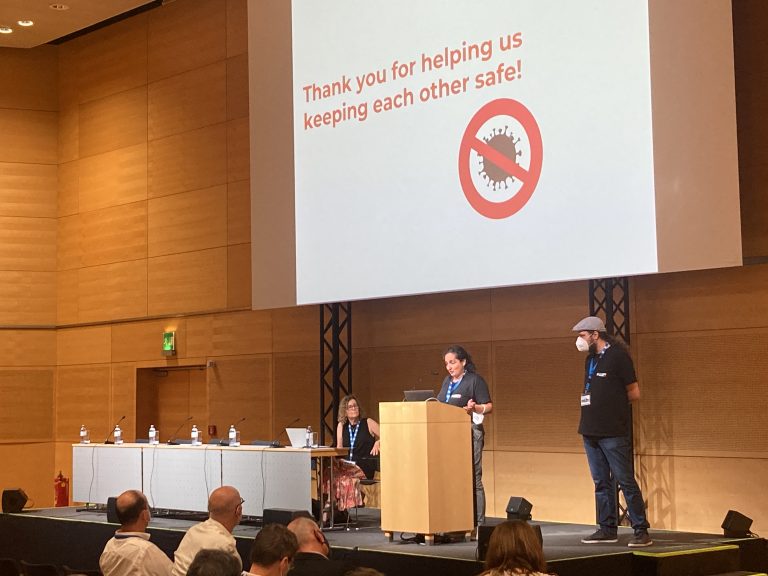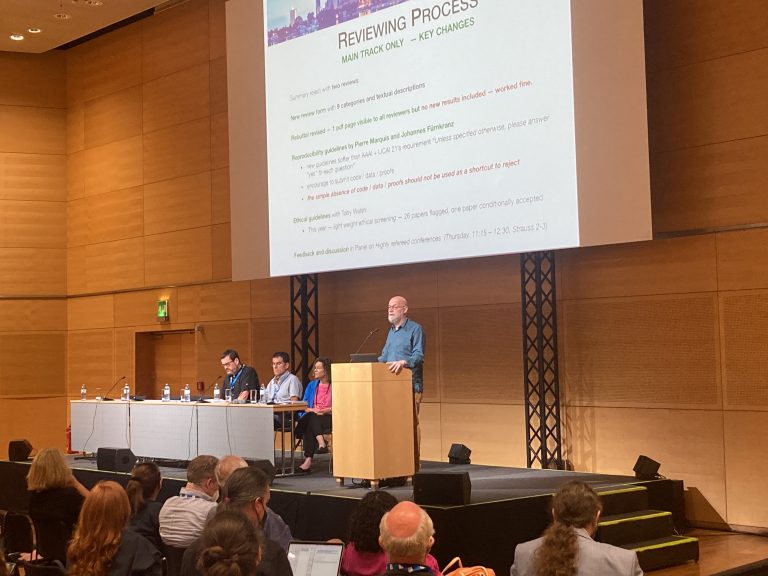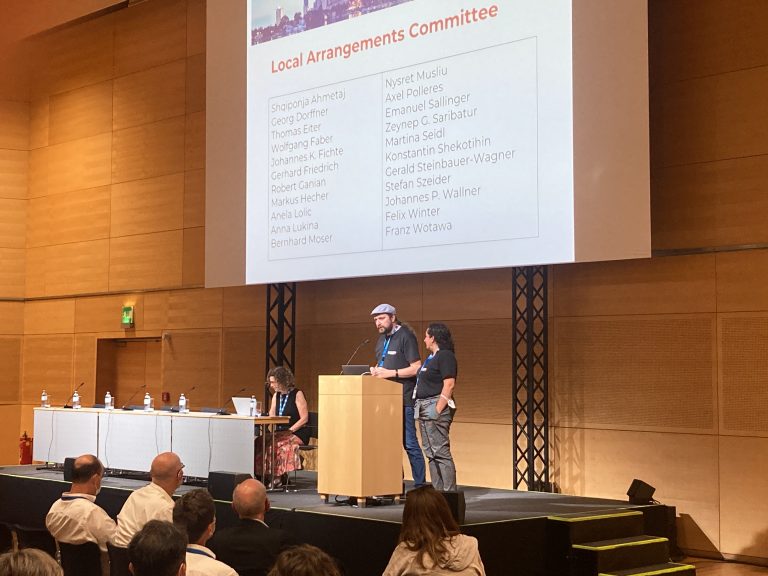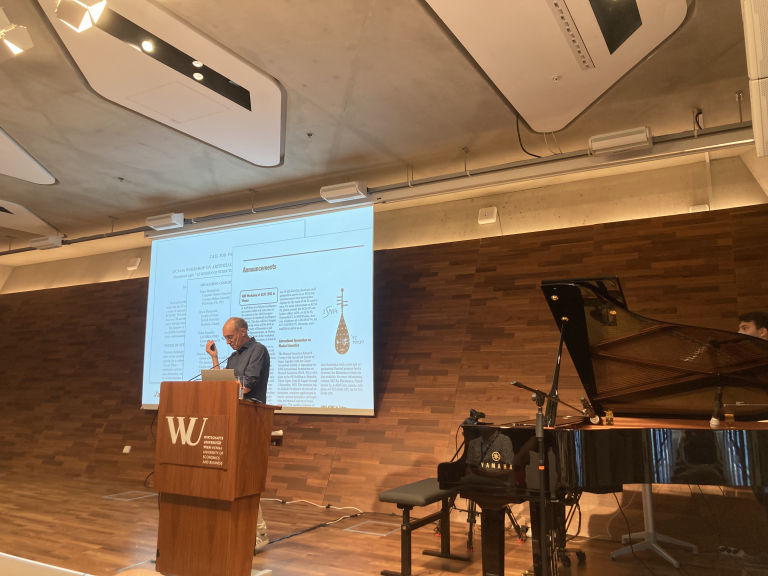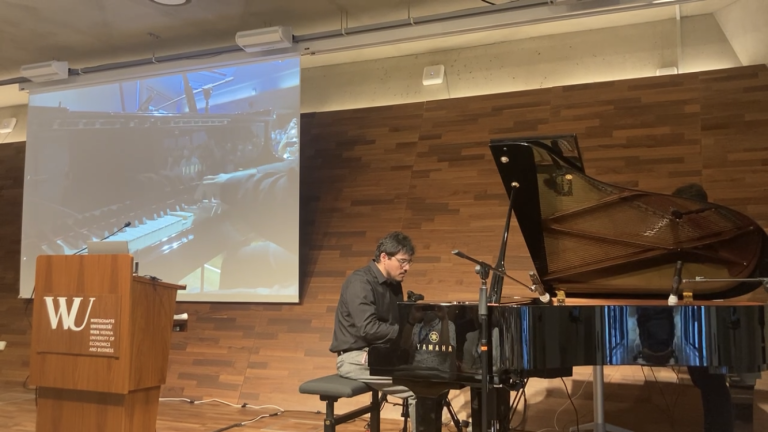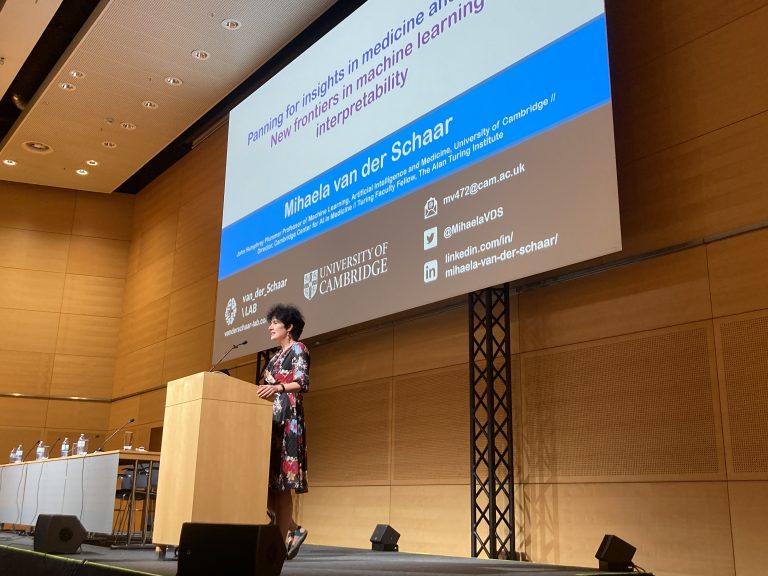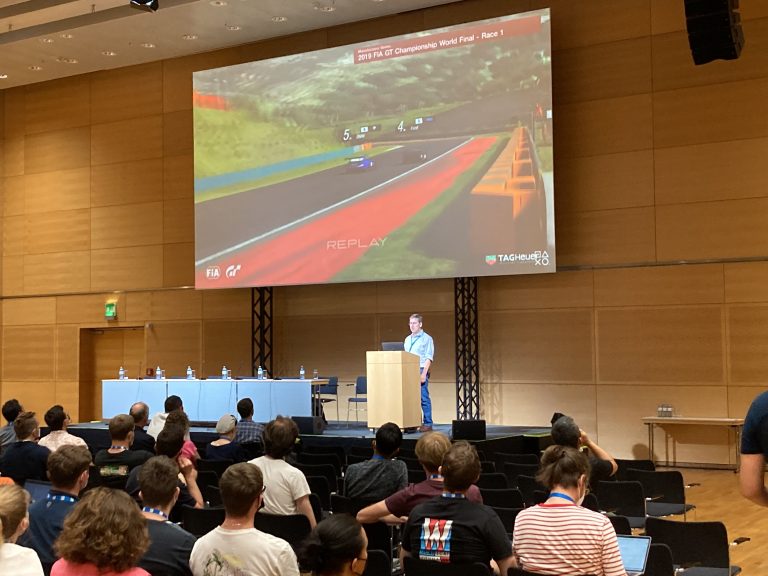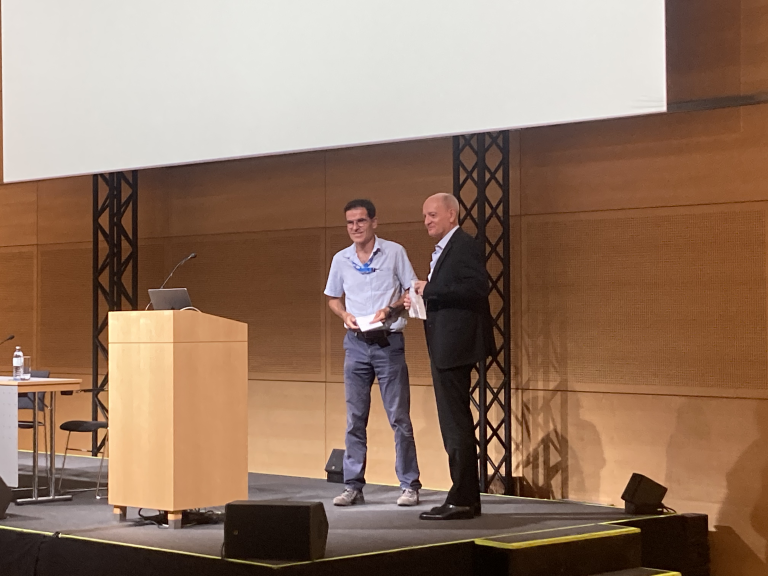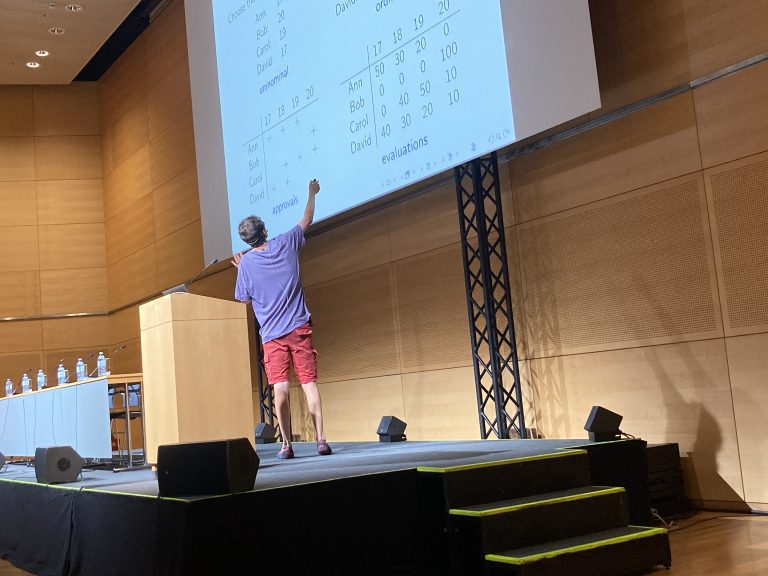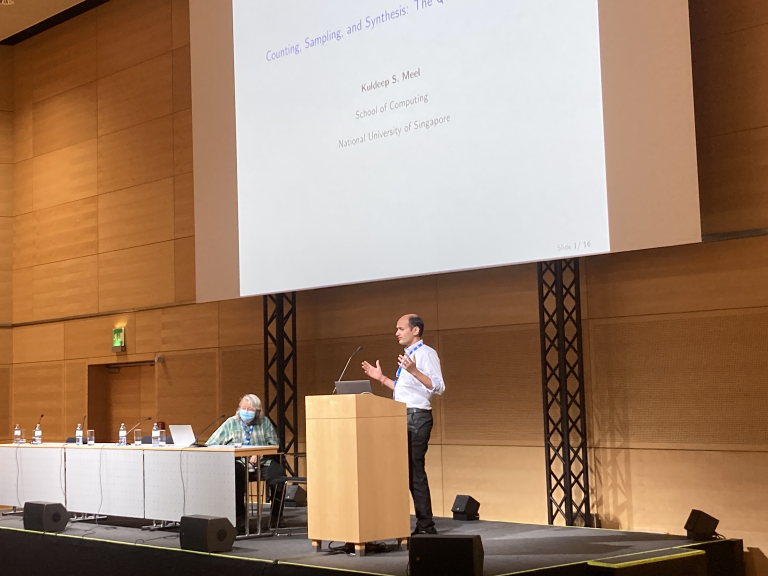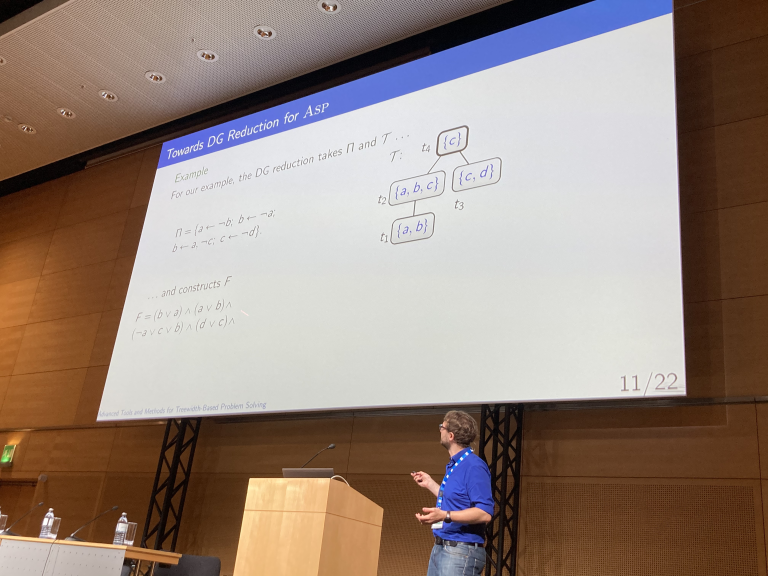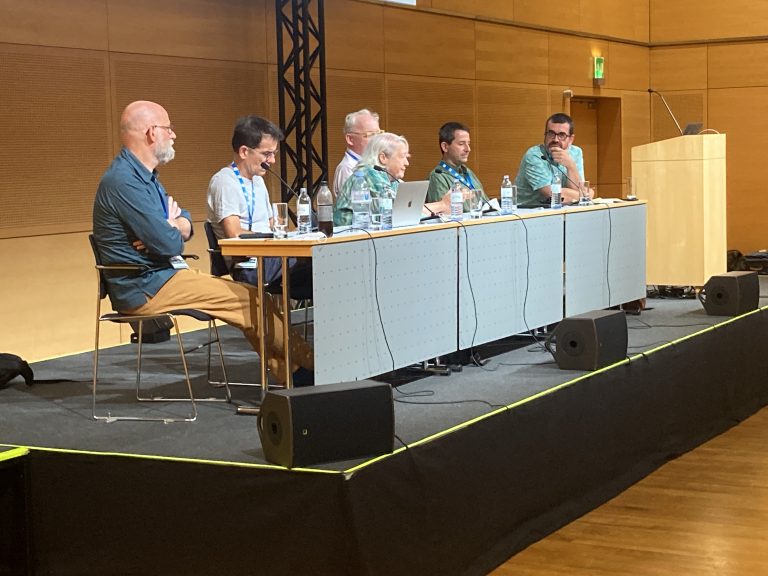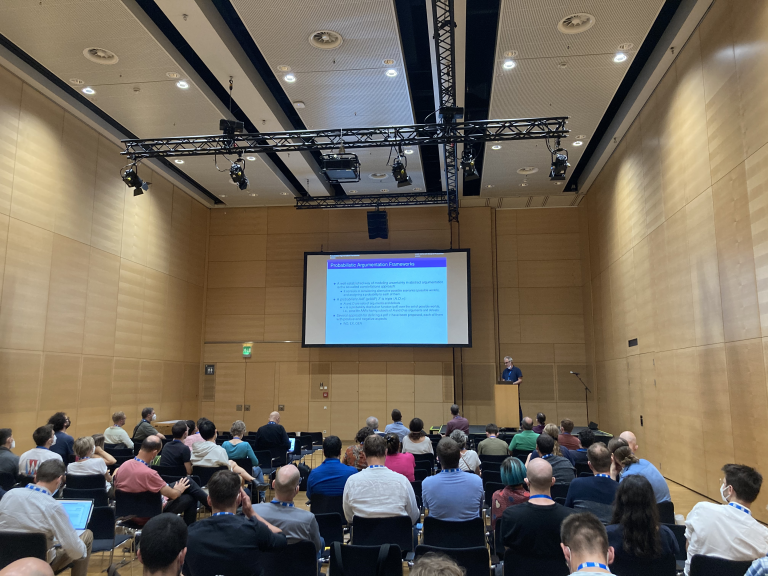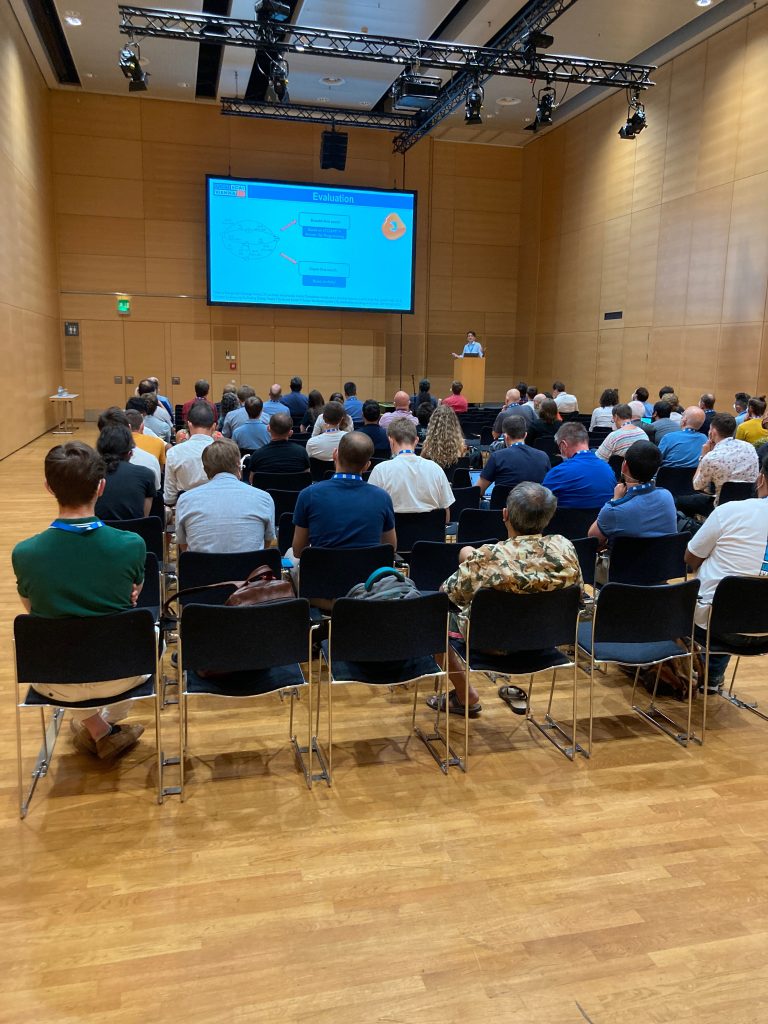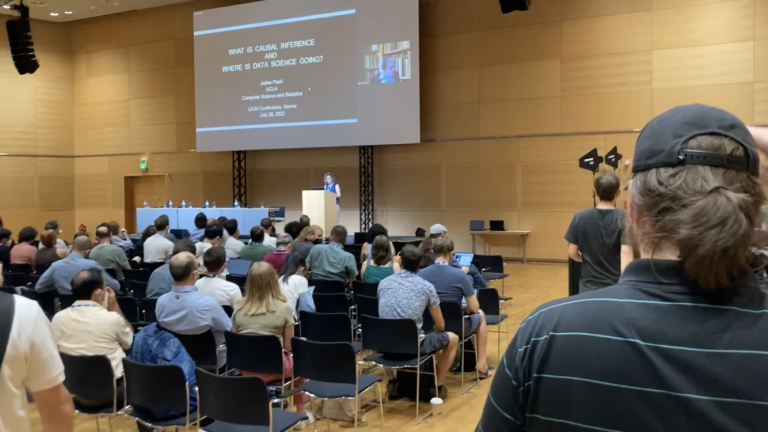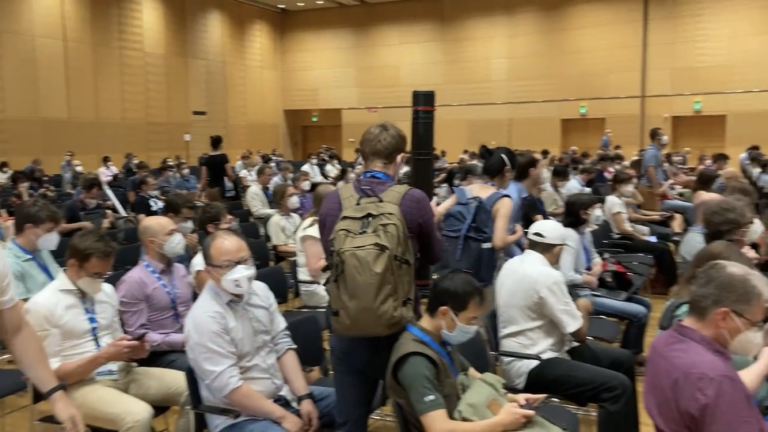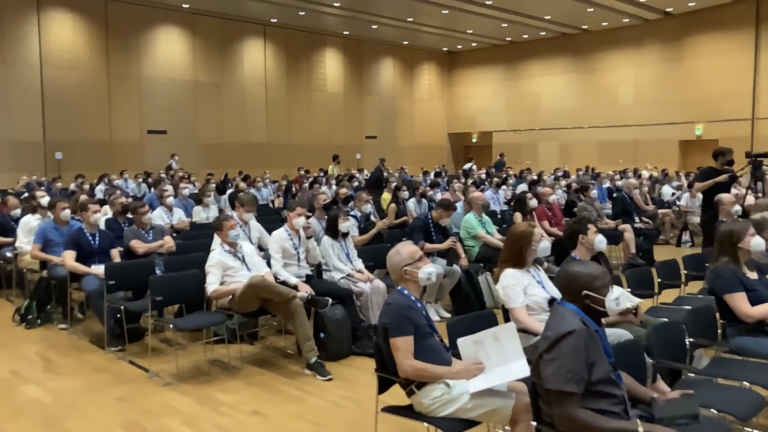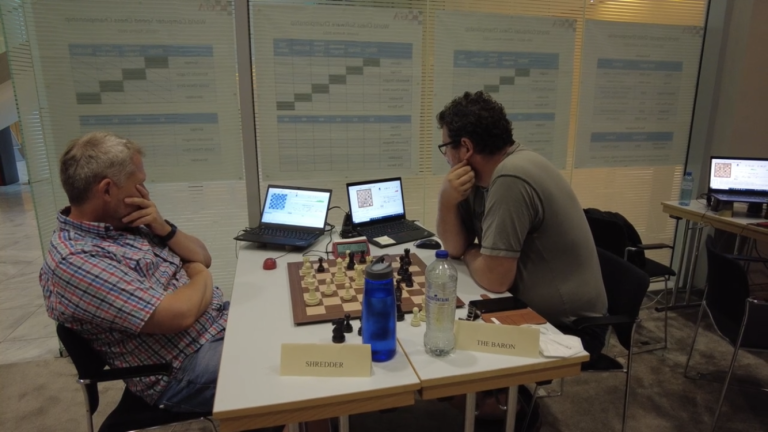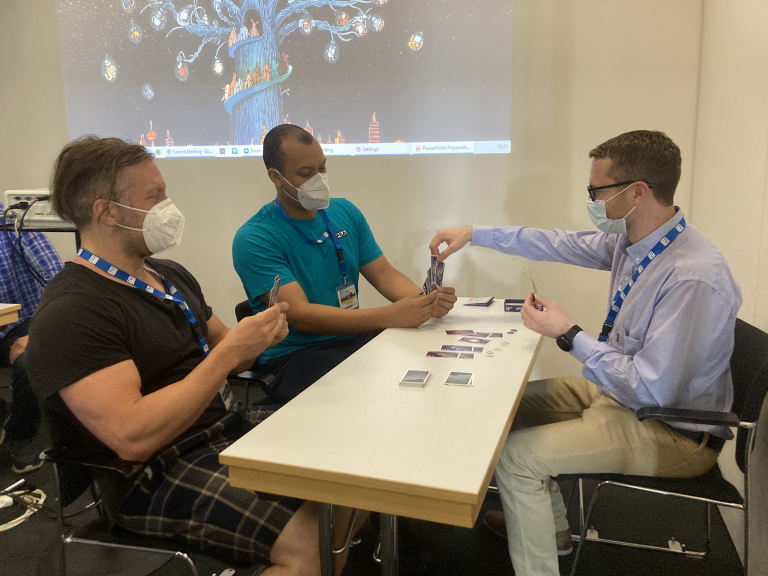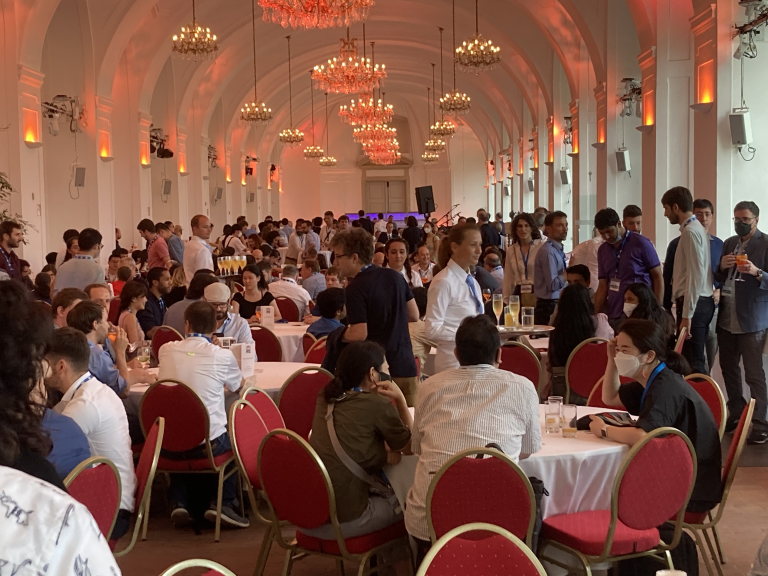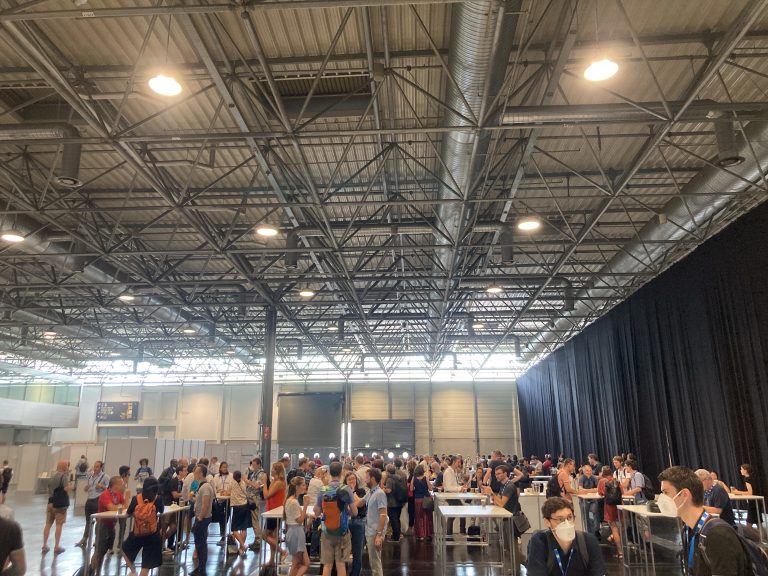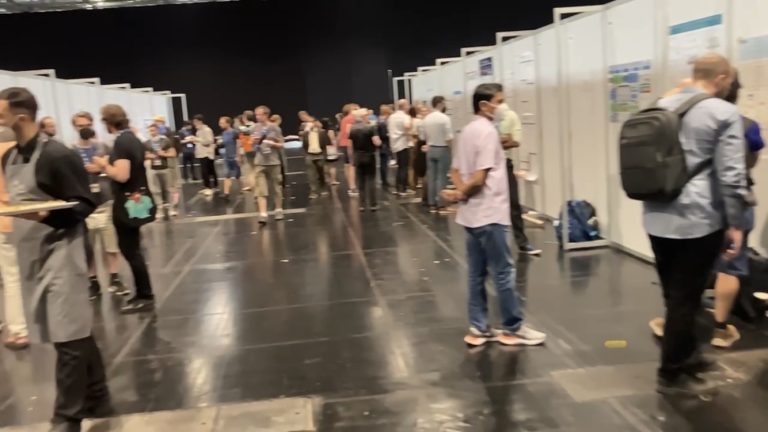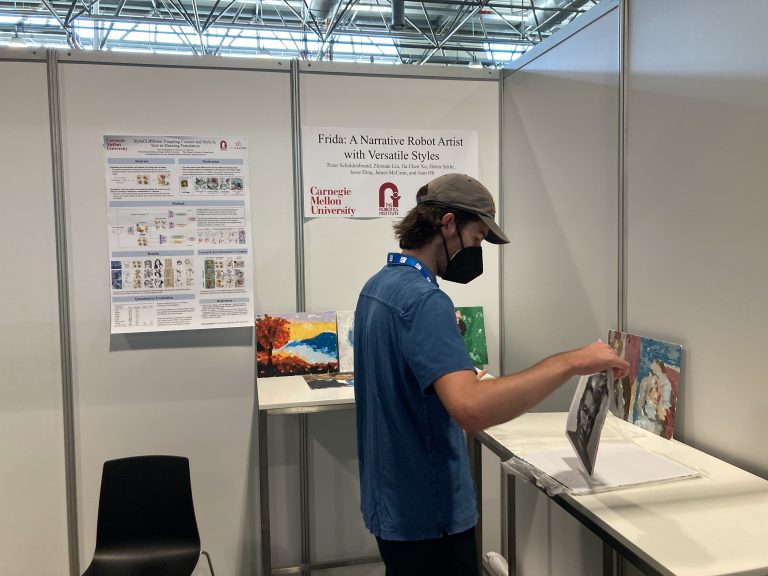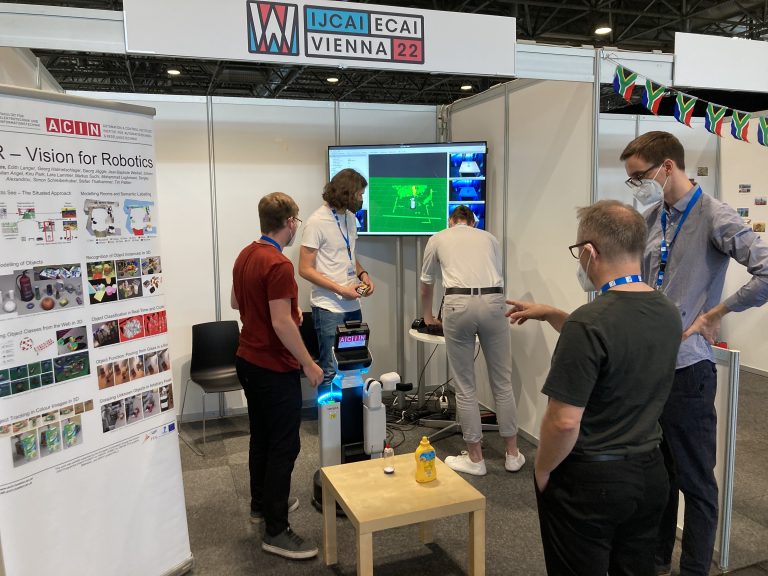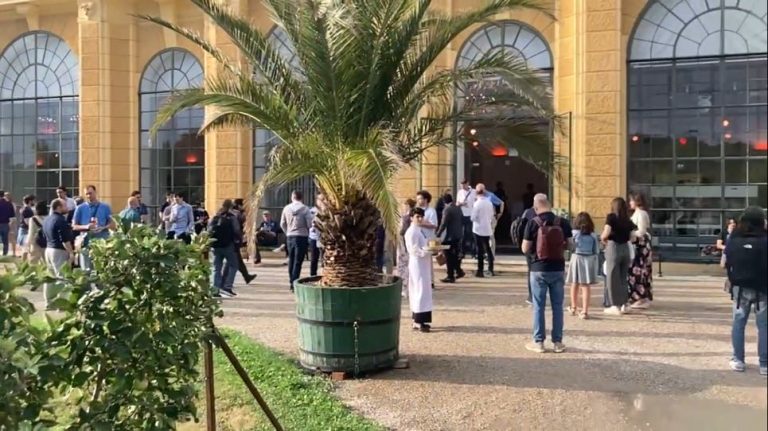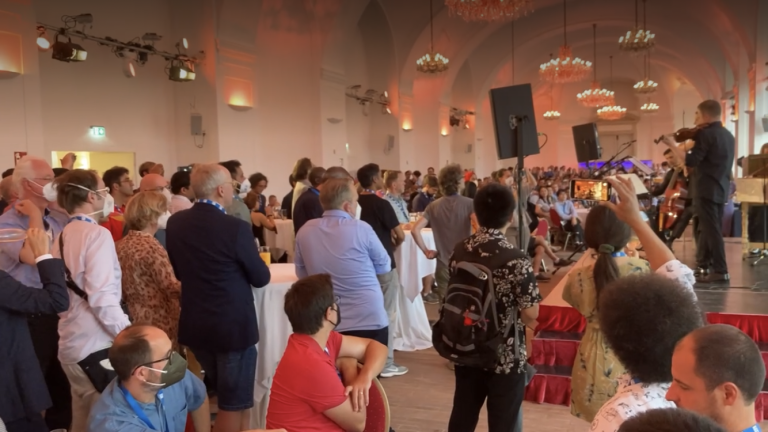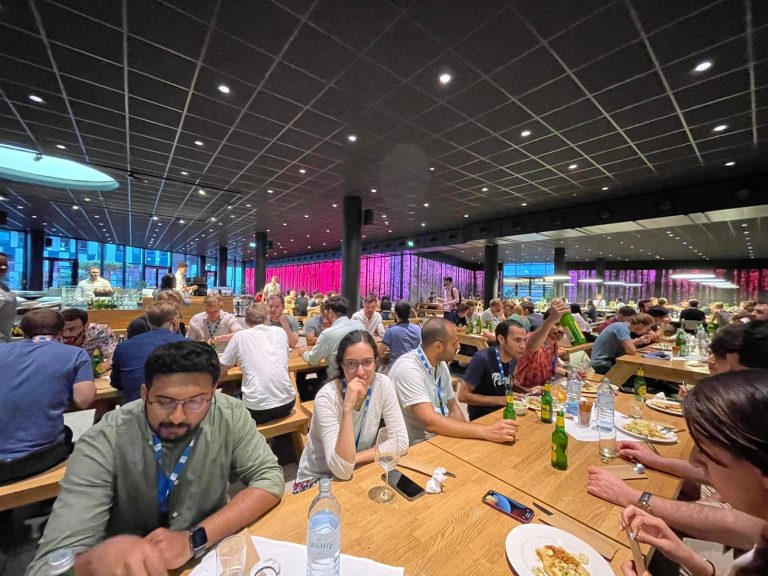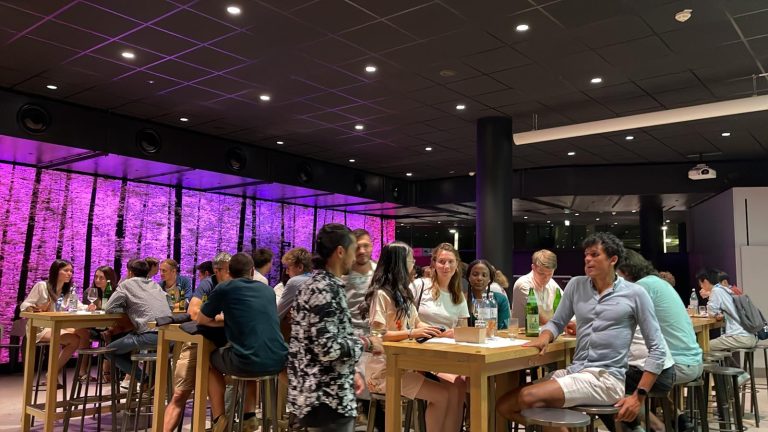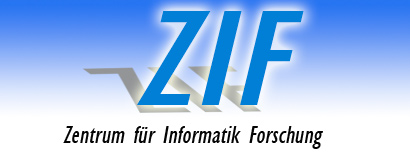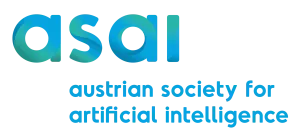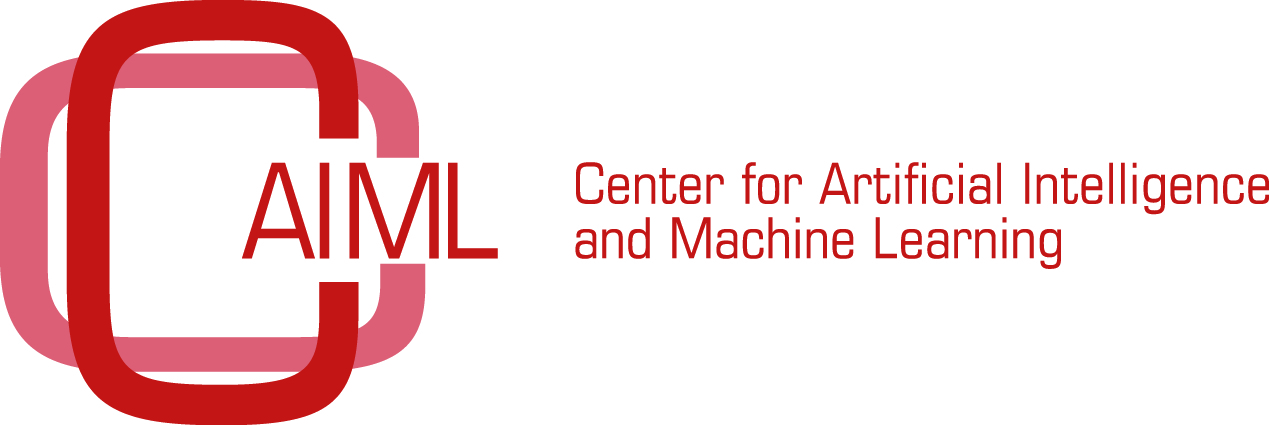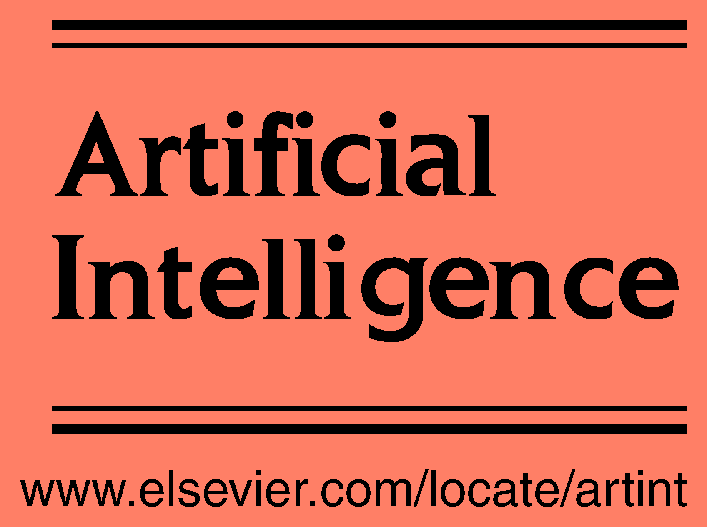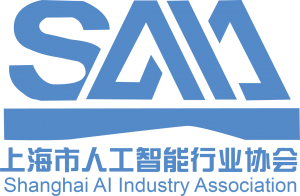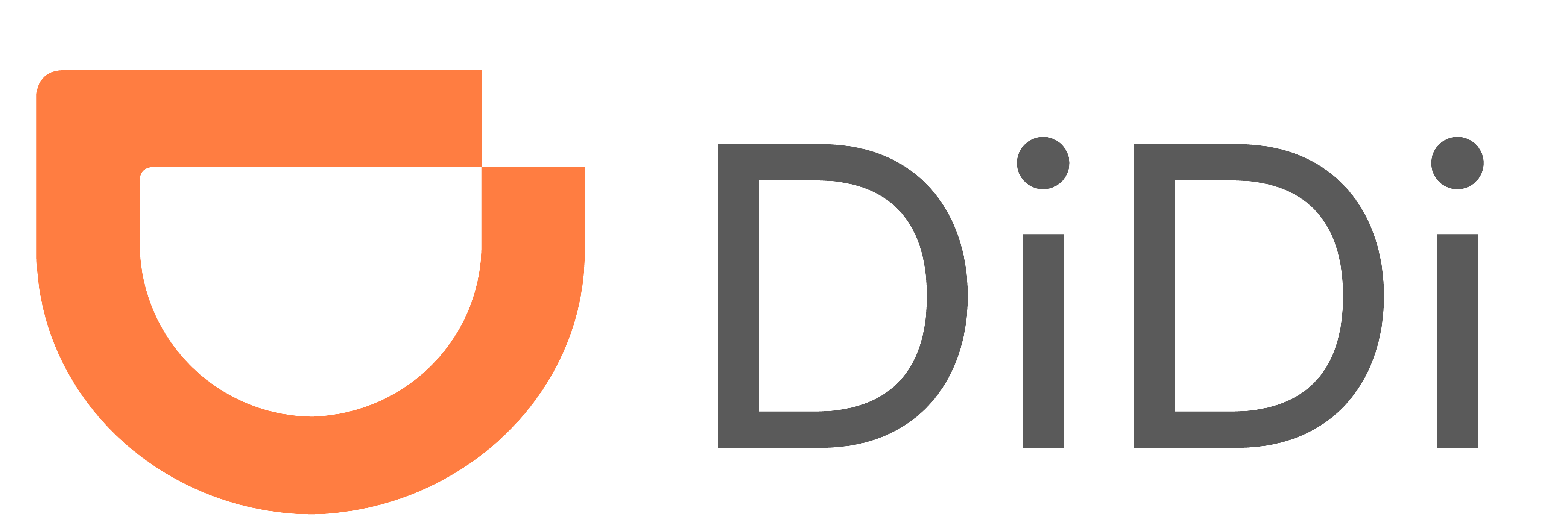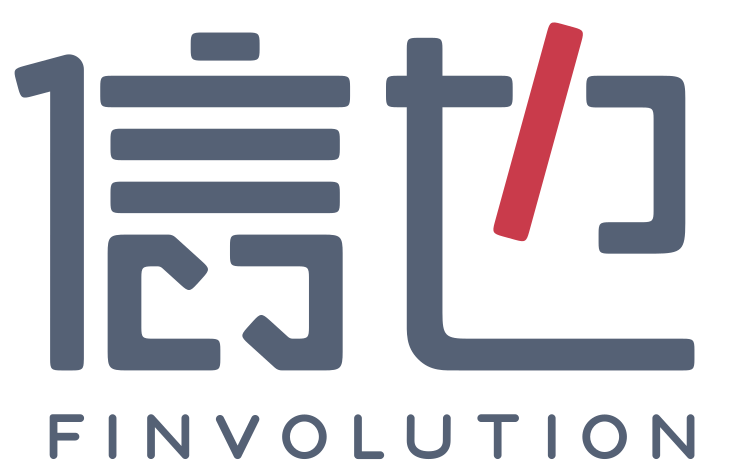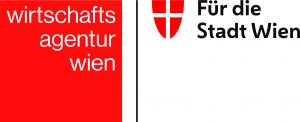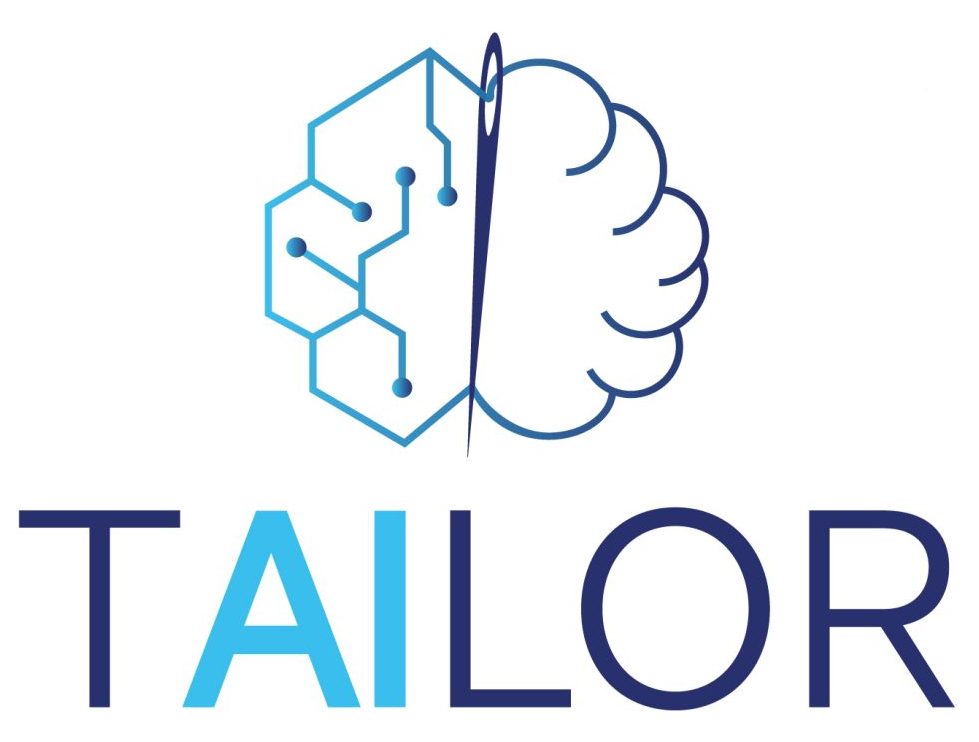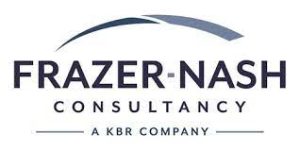
WELCOME TO IJCAI-ECAI 2022, THE 31ST INTERNATIONAL JOINT CONFERENCE ON ARTIFICIAL INTELLIGENCE. July 23-29, 2022 Messe Wien, Vienna, Austria
Welcome to IJCAI-ECAI 2022, the 31st International Joint Conference on Artificial Intelligence and the 25th European Conference on Artificial Intelligence, the premier international gathering of researchers in AI! The first IJCAI-ECAI in-person conference since the outbreak of the Covid pandemic.
This was IJCAI-ECAI 2022
PROGRAM BROCHURE IS AVAILABLE
We wanted to make this event as safe as possible for all participants, please see our Covid prevention policies.
IJCAI-ECAI-2022 was an in-person event.
For large fragments of the IJCAI community physical travel was possible, and the pandemic-associated risks – greatly reduced by vaccination – have ceased to generally outweigh the advantages of the in-person interaction.
However, not everyone was able to attend. Therefore, IJCAI-ECAI-2022 had a limited online component to enable the participation of major sponsors and of delegates who could not travel pursuant to the Covid-19 regulations of their country of residence.
The authors of papers accepted to the following tracks of IJCAI: main, AI for Good, AI – Arts & Creativity, Survey, Demo, Journal, and Sister Best Paper tracks have been invited to present their work in person in Vienna and to produce a video-recording of their presentation (via SlidesLive).
The in-person component of IJCAI-ECAI 2022 in Vienna ran from 23 to 29 July and will consist of in-person presentations. Talks at IJCAI-ECAI 2022 were not live streamed.
Following the tradition of previous IJCAIs, IJCAI-ECAI 2022 featured the following tracks:
- workshops and tutorials,
- a doctoral consortium,
- the main technical program,
- an early career spotlight track,
- special tracks on “AI for Good” and on “AI, the Arts and Creativity”,
- survey, sister best paper and journal tracks,
- a demo, a video and a robot exhibition track,
- a diversity and inclusion program,
- as well as competitions and challenges.
See the respective calls for more information.
CALL FOR PAPERS
Submissions to IJCAI-ECAI 22 should report on significant, original, and previously unpublished results on any aspect of artificial intelligence. Papers on novel AI research problems, on AI techniques for novel application domains, and papers that cross discipline boundaries within AI are especially encouraged.
Key novelties this year:
- Two phase reviewing process. Only papers that receive two sufficiently positive reviews during the first phase will proceed to the second full reviewing phase.
- The program committee consists of PC members (reviewers), Senior PC members (meta-reviewers) and Area Chairs (ACs).
- The author response (for papers in the second phase only) will be accessible to PCs, SPCs, and ACs.
- There are two special tracks (“AI for Good”, and “AI, the Arts and Creativity”) with separate calls for papers.
- The authors of papers submitted to IJCAI-ECAI 2022 are expected to contribute a limited number of reviews, if asked to.
CALL FOR AWARD NOMINATIONS
IJCAI calls for nominations for its 2022 awards. For details, we refer to this document.
IMPORTANT DATES
Abstract submission deadline: January 7, 2022
Submission deadline: January 14, 2022
Author response period: March 16-18, 2022
Paper notification: April 20, 2022
Registration open: April 20, 2022
Conference dates: July 23-29, 2022
For details, see the Call for Papers.
COVID REGULATIONS
IJCAI-22 was a physical event. For details on the regulations click here.
NEWS
- 18.07.2022: Program brochure online
- 17.06.2022: Accepted Papers and Program Schedule online
- 02.06.2022: Awards announced
- 24.05.2022: Program overview online
- 02.05.2022: Keynote speakers announced
- 21.04.2022: Registration open
- 07.03.2022: Attending informations online
- 18.02.2022: Call for Award Nominations online
- 11.02.2022: PAIS 2022: Call for Papers online
- 29.12.2021: SUBMISSION IS OPEN!
- 07.12.2021: Ethics Chair (Toby Walsh) mentioned and Ethics Policy updated
- 07.12.2021: Call for Videos online
- 18.11.2021: Call for Papers (Special Track on AI, the Arts, and Creativity) online
- 18.11.2021: Call for Papers (Multi-Year Track on AI for Good) online
- 12.11.2021: Call for Papers (Survey Track) online
- 08.11.2021: Call for Robot Exhibition online
- 03.11.2021: Call for Demos online
- 03.11.2021: Call for Papers online
- 03.11.2021: Call for Doctoral Consortium online
- 02.11.2021: Call for Competitions & Challenges online
- 02.11.2021: Call for Workshops online
- 29.10.2021: Call for D&I Proposals online
- 25.10.2021: Call for PC members online
- 22.10.2021: Call for Tutorials online
LKM 2024:
Proceedings of the First International OpenKG Workshop: Large Knowledge-Enhanced Models (co-locacted with IJCAI 2024):
https://t.co/yjUXNxouB1
#ceurws
LNSAI 2024:
Proceedings of the First International Workshop on Logical Foundations of Neuro-Symbolic AI (co-located with IJCAI 2024):
https://t.co/ZlVBGY05Lr
#ceurws
STRL 2024:
Proceedings of the 3rd International Workshop on Spatio-Temporal Reasoning and Learning (co-located with IJCAI 2024):
https://t.co/ehW0GJu4a0
#ceurws
#IJCAI2025 IJCAI 2025 Call for papers (Main Track)
📍 Abstract submission deadline: January 16, 2025
https://2025.ijcai.org/call-for-papers-main-track/
#CfP #AI #Research #innovation #Conference #Publish
#IJCAI2025 IJCAI 2025 Call for papers (Main Track)
📍Abstract submission deadline: January 16, 2025
https://2025.ijcai.org/call-for-papers-main-track/
#CfP #AI #Research #innovation #Conference #Publish
We hear from Úrsula Hébert-Johnson, Chinmay Sonar and Vaishali Surianarayanan about their work (presented at @IJCAIconf #IJCAI2024) on the Kidney Exchange Problem

Maeil Business Newspaper @maekyungsns covers AI’s role in #sustainability at #IJCAI2024, from green finance to emissions tracking – when reporting on the "Sustainable Transformation and AI" workshop🌍🤖 For full story visit our LinkedIn: …https://www.linkedin.com/feed/update/urn:li:activity:7262425500948516866
#cop29 #research
The Maeil Business Newspaper (매일경제) (매일경제신문), commonly known as Maekyung, known for its quality reporting and extensive reach, especially among South Korea's business professionals, reported on the "Sustainable Transformation and AI" workshop of #IJCAI2024. …👉https://www.mk.co.kr/news/world/11085481
**Summary based on translation from Korean by a commercial LLM**
On the 5th, at the 'Sustainable Transition and AI' workshop held at the Jeju International Convention Center in Seogwipo, Jeju, experts from fields such as finance, computer science, and information technology (IT) shared examples of combining AI with sustainability.
When 김상협(Kim Sang-Hyup), co-chair of the 2050 Carbon Neutral Green Growth Commission and moderator of the event, asked how AI's rapid growth has enhanced sustainability, various scholars shared specific examples from their research and industry collaborations.
Markus Leipold, a professor at the University of Zurich who studies financial engineering and sustainability, mentioned that AI could reduce inefficiencies in renewable energy infrastructure, such as solar and offshore wind, by decreasing costs in the extensive legal and due diligence processes involved. He explained that AI could also improve impact investment outcomes by enhancing transparency. Impact investing refers to investing that considers both financial and social value.
Professor Leipold shared a project he worked on with his Ph.D. student, where they used IoT technology to measure greenhouse gas emissions from investment targets in real time and replaced traditional bank funding with direct financing to reduce fees. He noted, "Our research attracted much interest from asset managers and family offices, and the Ph.D. student even paused his studies to launch a startup based on this project."
Peter Morgan, a senior economist at the Asian Development Bank (ADB), discussed AI's potential to improve awareness of green financing in developing countries. Green financing involves funding for projects aimed at improving environmental, social, and governance (ESG) outcomes. Morgan suggested that AI could provide customized educational solutions, raising public awareness of finance and digital literacy, which would ultimately enhance access to green financing for small businesses and households, contributing to social equality.
Policy recommendations were also made to facilitate more diverse and extensive research through AI. Soh Young In, an adjunct professor at KAIST’s Graduate School of Green Growth and Sustainability, pointed out the need for government intervention to encourage companies to share sustainability-related data. She noted, "While interviewing small and medium enterprises (SMEs) for my research, many were unwilling to share data on sustainability due to concerns about potential risks," highlighting the need to improve researchers' access to information.
#COP29
In this blog post, Danial Dervovic writes about work, presented at #IJCAI2024 (@IJCAIconf), on improving the interpretability of Logistic Regression models

Congrats to Geoffrey Hinton on his joint @NobelPrize in Physics! 🎉 His pioneering work on perceptual inference, distributed representation and learning in neural networks earned him the 2005 IJCAI Award for Research Excellence 👉 https://www.ijcai.org/past/ijcai-05/resources/ijcai05itr.pdf
…
@geoffreyhinton

